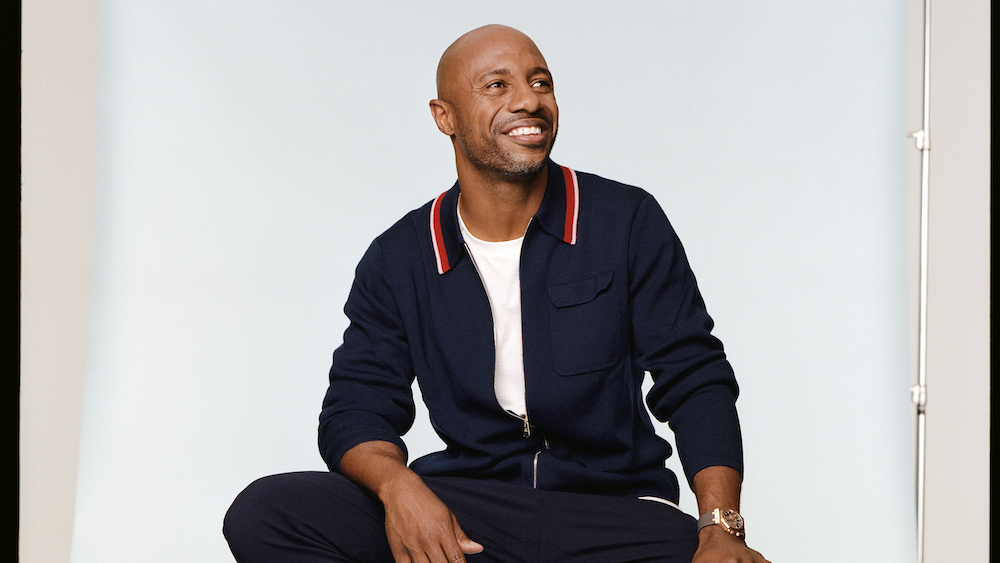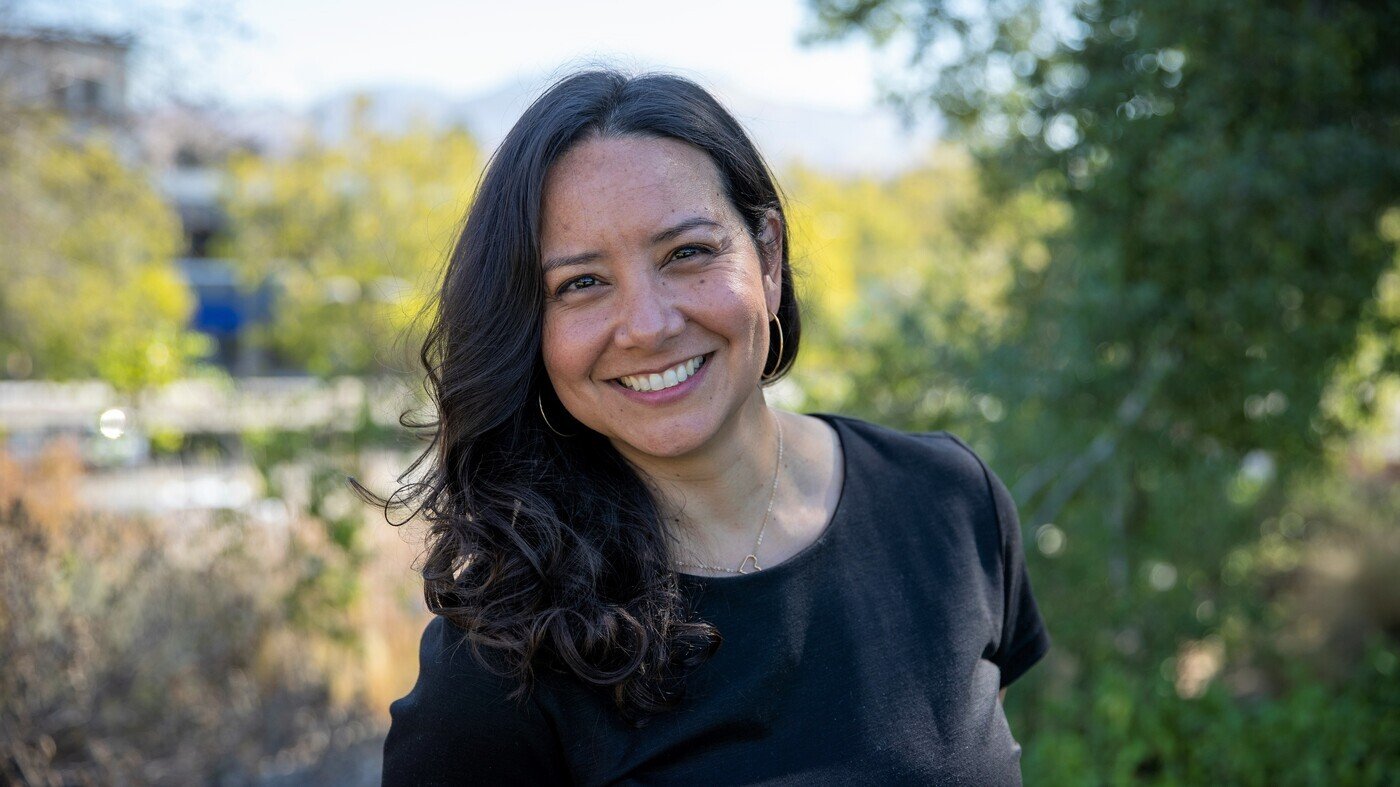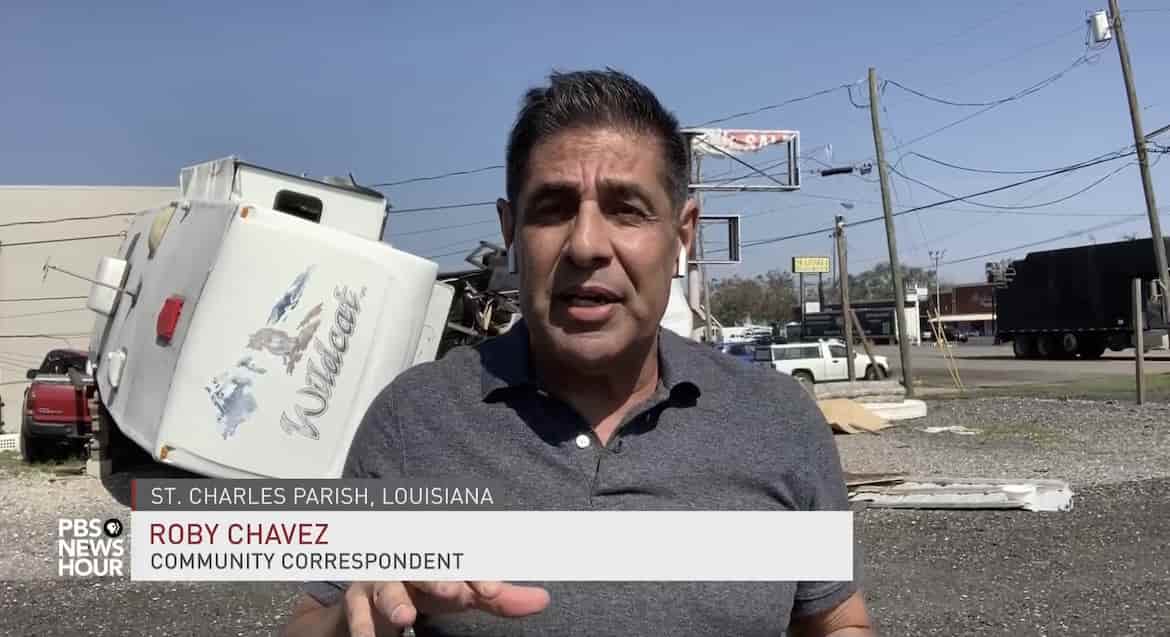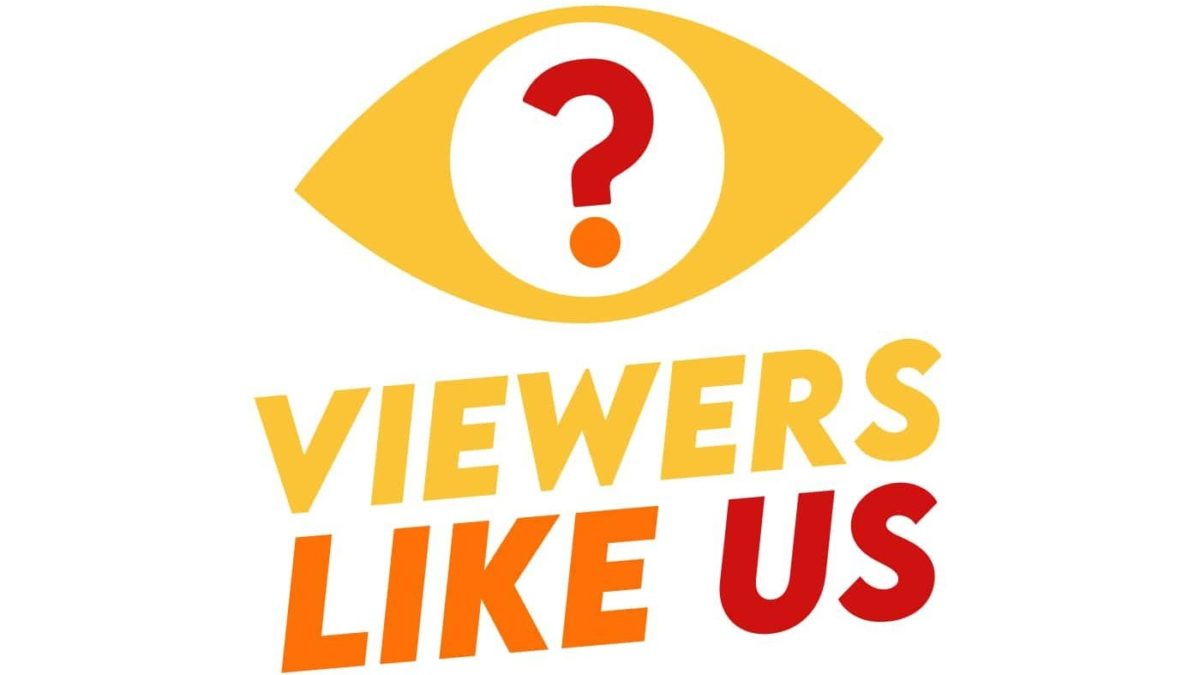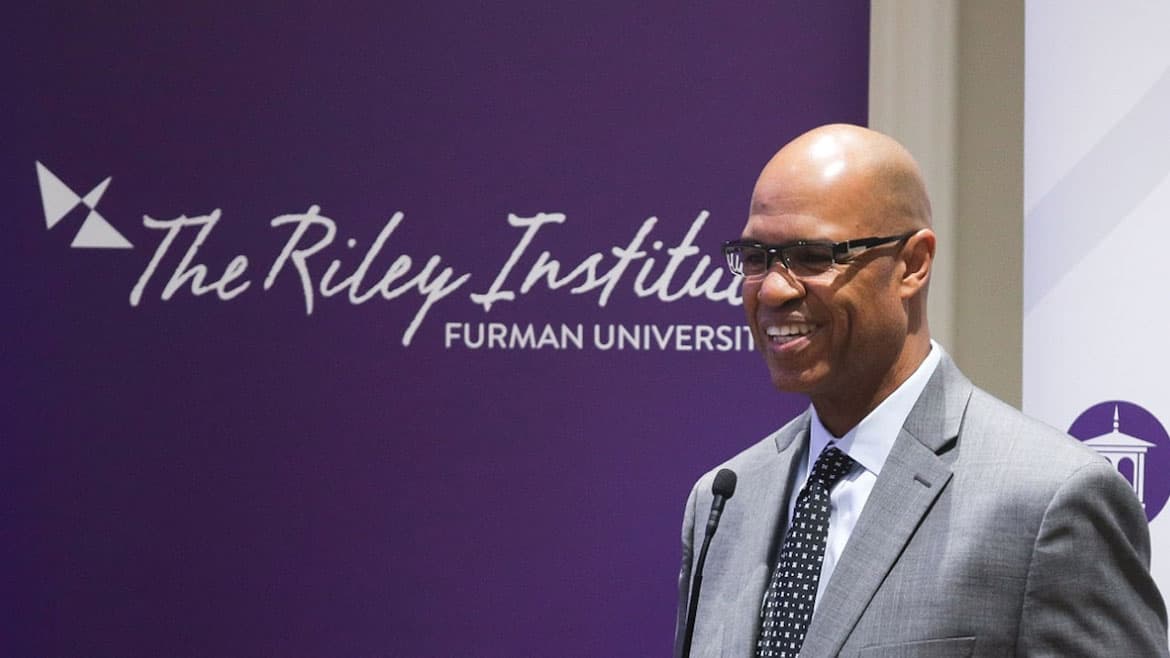Diversity, equity and inclusion in public media

Serving the American public in all of its diversity is an important part of the mission of public media articulated in the Public Broadcasting Act of 1967. But the overwhelming consensus now is that the system has failed to live its values, that structural racism plagues our institutions and that diversity, equity and inclusion of people of color in leadership roles and in our audiences must be our top priority. How must public media change in order to look and sound more like the America we are supposed to reflect and serve? Read Current’s ongoing coverage and commentaries on the imperative of inclusion.

Serving the American public in all of its diversity is an important part of the mission of public media articulated in the Public Broadcasting Act of 1967. But the overwhelming consensus now is that the system has failed to live its values, that structural racism plagues our institutions and that diversity, equity and inclusion of people of color in leadership roles and in our audiences must be our top priority. How must public media change in order to look and sound more like the America we are supposed to reflect and serve? Read Current’s ongoing coverage and commentaries on the imperative of inclusion.
In a new NPR podcast, Jay Williams hopes to take his guests to ‘The Limits’
The former basketball star turned ESPN commentator Williams will ask his guests “how they continue to build their own businesses and hustle ...‘Alma’s Way’ outreach reflects heritage for young Latino viewers in rural Tennessee and beyond
Stations and their community partners are welcoming the show’s social and emotional curriculum with virtual events and interactive in-school workshops.KUOW shares hiring toolkit aimed at increasing staff diversity
The Seattle station received a CPB grant to distribute the toolkit, which details every aspect of the recruitment process.Erika Aguilar sees ‘appetite for change’ as she steps into EP role on ‘Morning Edition’
"The big challenge is going to be thinking about where Morning Edition goes as a show, in five years and 10 years."New funding expands reach of public radio’s hip-hop/R&B format
Stations in Minneapolis, Milwaukee and Jackson, Miss., will join the CPB-supported Urban Alternative format with the goal of reaching new listeners.Public broadcasters ask FCC to update forms with nonbinary gender options
Law firm Foster Garvey PC has seen “an increasing number of licensees” that have “expressed concerns with the binary options provided to ...New ‘NewsHour’ initiative deepens reporting on diverse communities
“The misery from a local perspective continues even after some of the national media has left. But the unique thing with The ...New podcast hosted by Grace Lee examines public TV’s track record on DEI
The podcast follows months of criticism directed at PBS and public media about the system’s DEI initiatives and lack of transparency.Seeking objectivity in journalism is getting in the way of speaking truth
The pursuit of objectivity has been used for decades to silence the voices of women and people of color. But many newsroom ...New initiative brings together pubmedia leaders to focus on DEI efforts
Created by Furman University and South Carolina ETV, the Public Media Diversity Leaders Initiative convenes its second session next month.What pubmedia can learn about DEI from the for-profit world
The corporate focus on metrics and data in achieving diversity initiatives can shift internal conversations from “what we’ve always done” to a ...Ken Burns: ‘I do not accept that only people of a particular background can tell ...
Speaking during the Television Critics Association summer press tour, Burns said he supported PBS' new initiatives to increase programming diversity.Kerger on diversity: ‘We don’t always look as carefully in the mirror’
During the annual Television Critics Association summer press tour, the PBS president said she spoke with filmmakers and many others with ties ...PBS announces initiatives to increase programming diversity
During the Television Critics Association Summer Press Tour, PBS announced funding for Firelight Media, updates to its producer requirements and a new ...5 takeaways from a KPCC/LAist engagement project with child care providers
An ambitious multimedia initiative taught the Los Angeles station's team "how to enrich our storytelling, broaden our relationships, and spark conversation."


